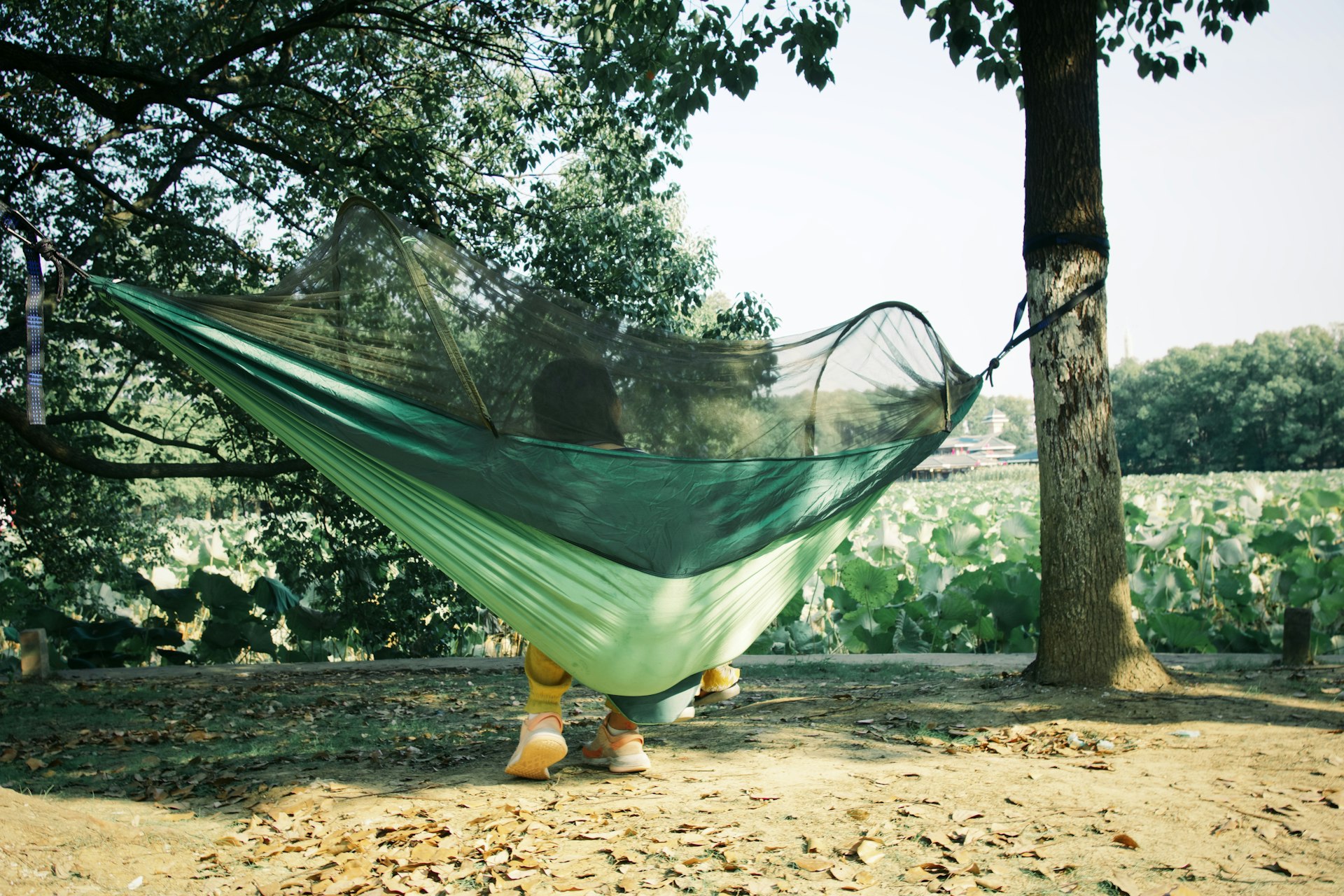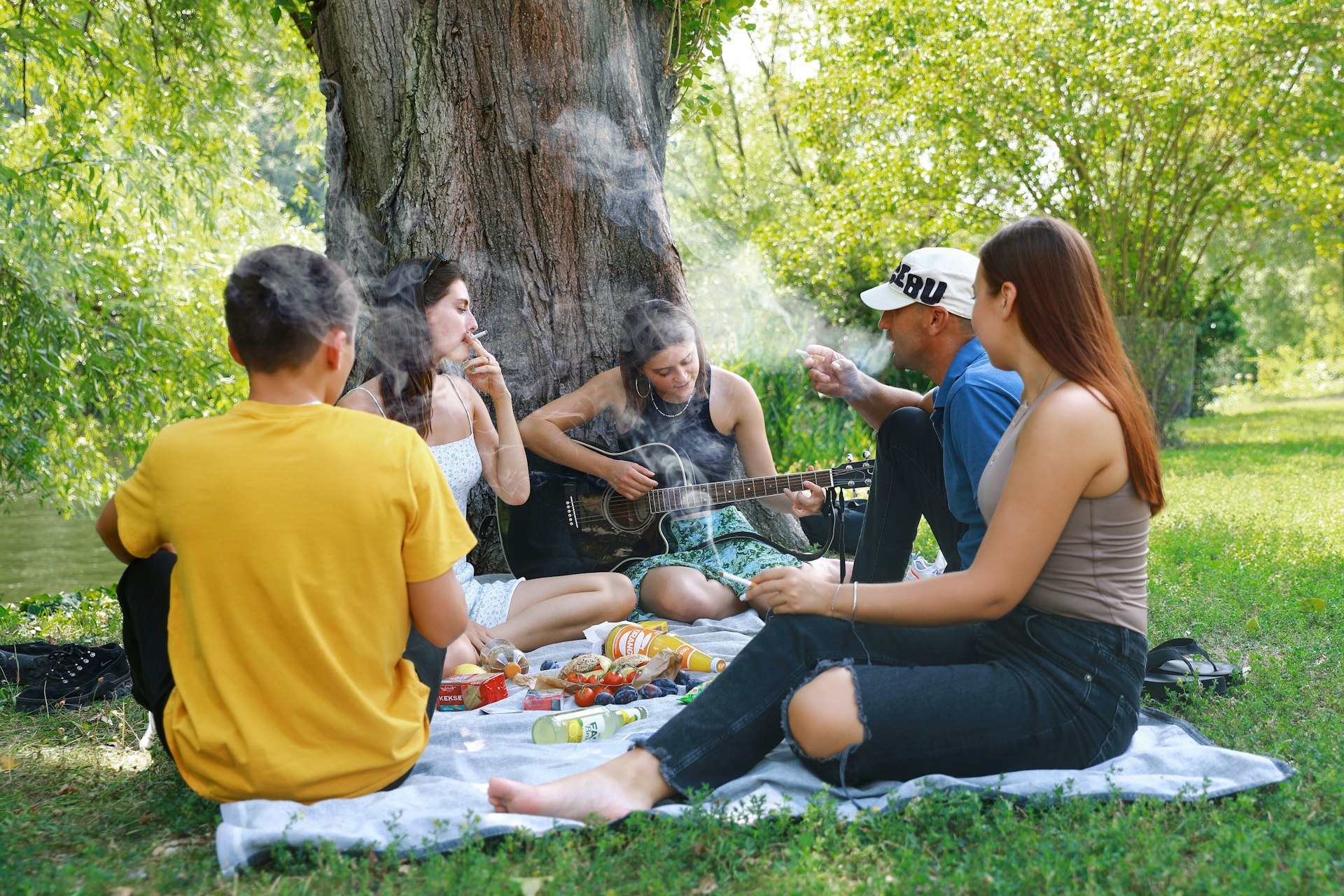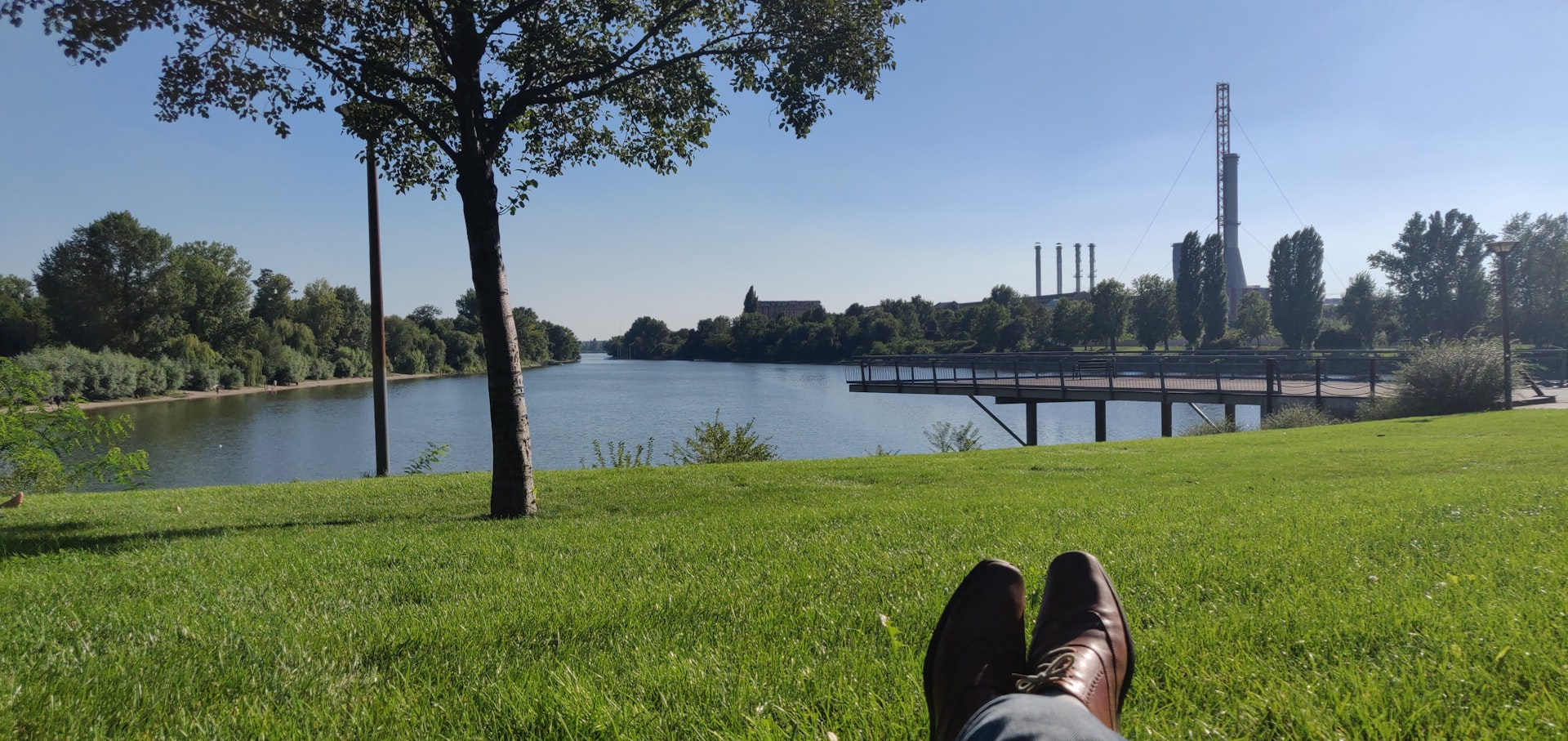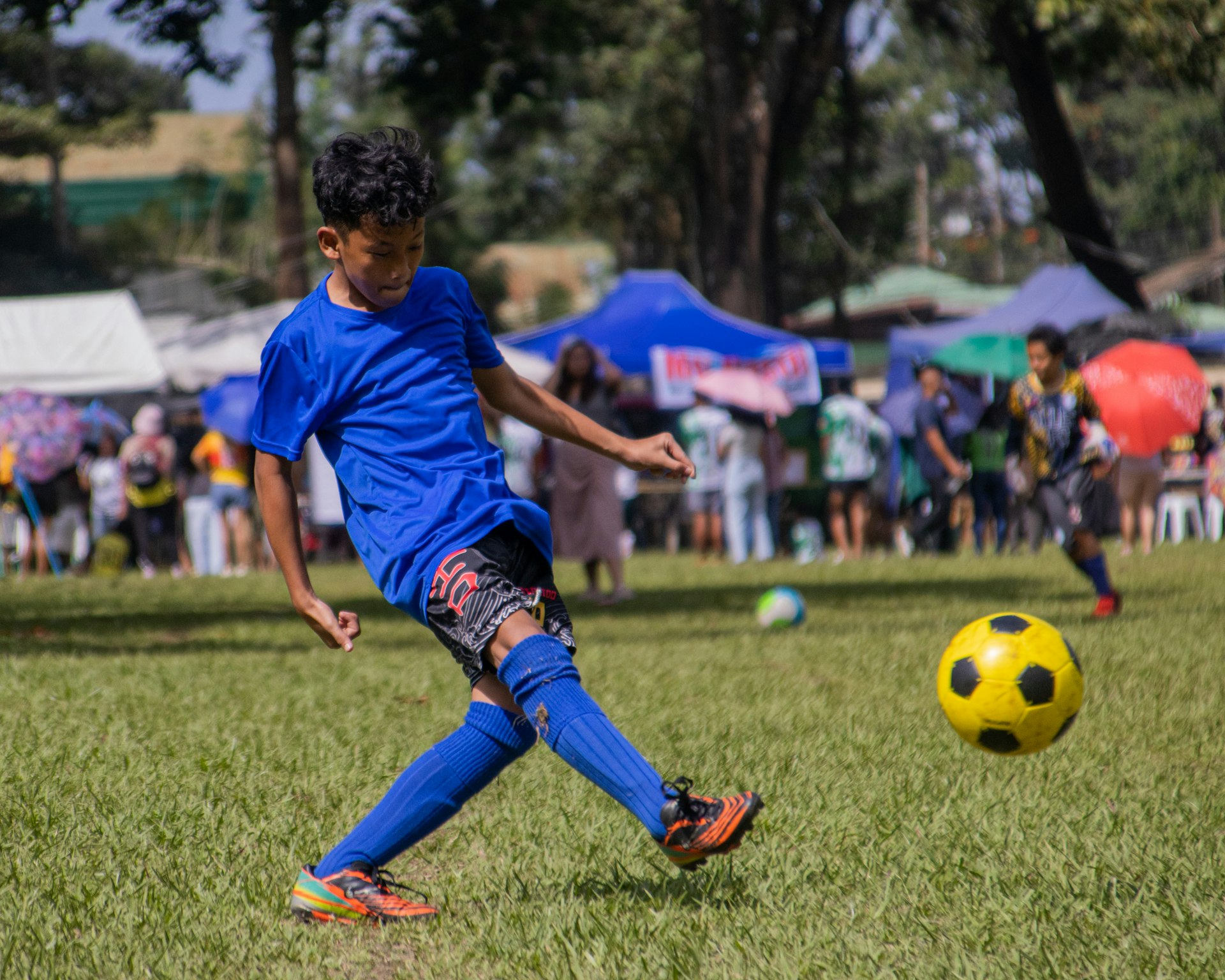How Sports Diplomacy Shapes Global Relations and National Reputation

Photo by Vladislav Klapin on Unsplash
Introduction
In today’s interconnected world, sports diplomacy has emerged as a powerful instrument for fostering international understanding and advancing national interests. By leveraging the universal appeal of sports, countries and organizations can bridge cultural divides, enhance their global image, and facilitate peaceful cooperation. This article examines the role of sports diplomacy in international relations, provides actionable steps for engagement, and offers verified resources and guidance for individuals and organizations interested in this dynamic field.
Understanding Sports Diplomacy
Sports diplomacy refers to the use of sports and sporting events as a means to influence diplomatic relations, promote national interests, and build bridges between diverse communities and nations. It involves athletes, government agencies, sports associations, and even fans working collectively to advance dialogue and mutual understanding across borders [1] . This field recognizes the unique ability of sports to transcend linguistic, cultural, and political barriers, making it a valuable tool in public and private diplomacy.
The core elements of sports diplomacy include representation, negotiation, and communication-mirroring traditional diplomatic approaches but within the realm of sports [3] . This approach helps practitioners connect with new audiences, reflect on their policies, and enhance their diplomatic practice through the lens of athletic engagement.
Key Benefits and Outcomes
Sports diplomacy offers several significant benefits in international relations:
- Enhancing Mutual Understanding: Sporting exchanges and events bring people together, breaking down misconceptions and fostering empathy among participants from different backgrounds [5] .
- Promoting Peace and Conflict Resolution: Major sports events can provide neutral ground for dialogue, sometimes easing tensions between rival nations [1] .
- Improving National Image and Reputation: Hosting or excelling in international sports competitions can enhance a country’s global standing and attract investment, tourism, and diplomatic goodwill [4] .
- Supporting Social Development: Sports diplomacy initiatives often promote values such as leadership, gender equality, and non-violence, contributing to sustainable development goals [2] .
Real-World Examples and Case Studies
Numerous historical and contemporary examples highlight the impact of sports diplomacy:
1. Mega Sports Events as Diplomatic Arenas
The Olympic Games and FIFA World Cup serve as platforms for countries to showcase their culture and foster international goodwill. For example, Qatar’s hosting of the 2022 FIFA World Cup significantly changed international perceptions of its capabilities and contributed to its diplomatic goals [4] . Conversely, such events have also been used for “sportswashing”-where regimes attempt to improve their international image despite internal issues [2] .
2. Athlete Ambassadors and Exchange Programs
Elite athletes often act as goodwill ambassadors, using their global recognition to promote cross-cultural understanding. Programs like those run by the U.S. Department of State’s Sports Diplomacy Division send American athletes abroad to engage with youth and communities, fostering lasting relationships [5] . These people-to-people exchanges create personal connections that transcend political differences.
3. Sports for Social Change
In the 1990s, sports played a crucial role in helping South Africa move beyond apartheid, using major events to unite a divided nation and signal a new era to the world [4] . Similarly, China’s participation in global sports has been a key component of its open-door policy and enhanced economic influence.

Photo by Liam Desic on Unsplash
How to Engage with Sports Diplomacy Initiatives
Individuals and organizations interested in participating in sports diplomacy can take several actionable steps:
1. Explore Government and NGO Programs
Many governments, including the United States and Australia, have dedicated sports diplomacy strategies and initiatives. For example, the U.S. Department of State’s Bureau of Educational and Cultural Affairs manages sports exchanges that connect American athletes with global audiences. To learn about current opportunities, visit the official U.S. Department of State website and search for “Sports Diplomacy Division” or “sports exchange programs.” You can also inquire with your country’s ministry of foreign affairs or relevant government department.
2. Participate in Local and International Sports Exchanges
Youth, coaches, and professionals can often apply to participate in exchange programs, tournaments, and workshops. Check with local embassies, national sports associations, and international organizations such as the International Olympic Committee for available opportunities. If you are a student or educator, universities and cultural institutions may also offer exchange programs related to sports diplomacy.
3. Leverage Digital Platforms and Networks
Global sports organizations and NGOs frequently announce new programs and events through their websites and social media channels. By subscribing to newsletters and following official channels, you can stay informed about upcoming initiatives and application deadlines. Always verify program legitimacy by confirming details through official agency websites or established organizations.
Implementation Guidance and Alternatives
Engagement in sports diplomacy may present challenges such as language barriers, visa restrictions, or limited funding. Solutions include seeking sponsorships, utilizing translation services, and collaborating with established NGOs or international partners.
If direct participation isn’t feasible, consider supporting sports diplomacy by volunteering with organizations that promote sports for development or advocating for inclusive sports policies in your community. Many NGOs and academic institutions conduct research and training in this field; seeking their guidance can provide alternative pathways to involvement.
Key Takeaways
Sports diplomacy is a multifaceted approach that uses the universal language of sport to advance diplomatic goals, promote peace, and enhance national reputations. Whether through mega-events, athlete ambassadors, or grassroots exchanges, its impact is felt globally. By following the practical steps outlined above and utilizing official resources, individuals and organizations can actively contribute to and benefit from the growing field of sports diplomacy.
References
- [1] Meridian International Center (2023). Explainer: Understanding Sports Diplomacy.
- [2] Sport and Development (2023). What is sports diplomacy?
- [3] France US Sports (2019). Sport Diplomacy: So what is it?
- [4] Habtoor Research (2023). How Do Sports Events Enhance the Reputation of Countries?
- [5] U.S. Department of State – Diplomacy Center. Cultural, Educational, and Sports Diplomacy.
MORE FROM dealdetectivepro.com













